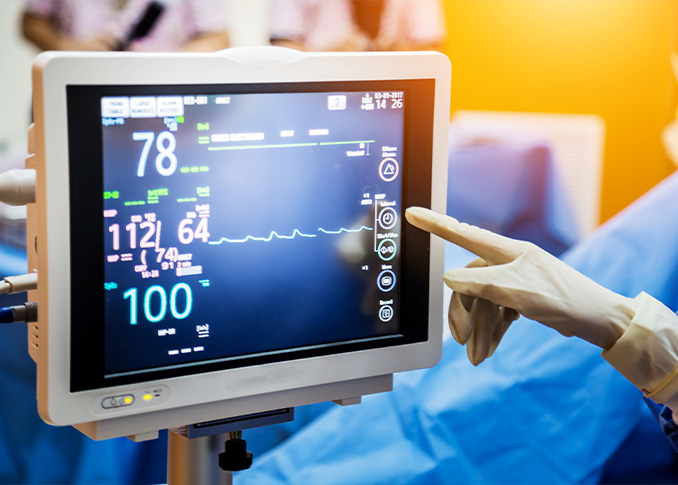
Electrophysiology Market
Components to Treat Arrhythmias
Arrhythmias, including atrial fibrillation, are very prevalent worldwide and with the aging population, the number of cases is expected to increase. Electrophysiology (EP) studies are used to diagnose arrhythmias, with the help of mapping catheters that record electrical activity in the heart and detect abnormal rhythms. Once the source of the arrhythmia is located, energy fields like pulsed field ablation (PFA) or extreme temperature therapy (hot or cold) can be applied through the catheter to ablate tissue that causes the arrhythmia.
Nordson MEDICAL has extensive experience in the electrophysiology space, including helping our partners develop catheters for mapping, diagnostics, and ablation & energy delivery. Our engineers can help you incorporate components including sensors and wire layout while maintaining catheter performance, such as controlling deflection for bending in a single plane with no curl or twist. Our component expertise includes PET heat shrink tubing, balloons, multi-lumen tubing, Polyimide and molded components, and as an integrated, single-source supplier, we are able to manufacture devices under a single quality system.
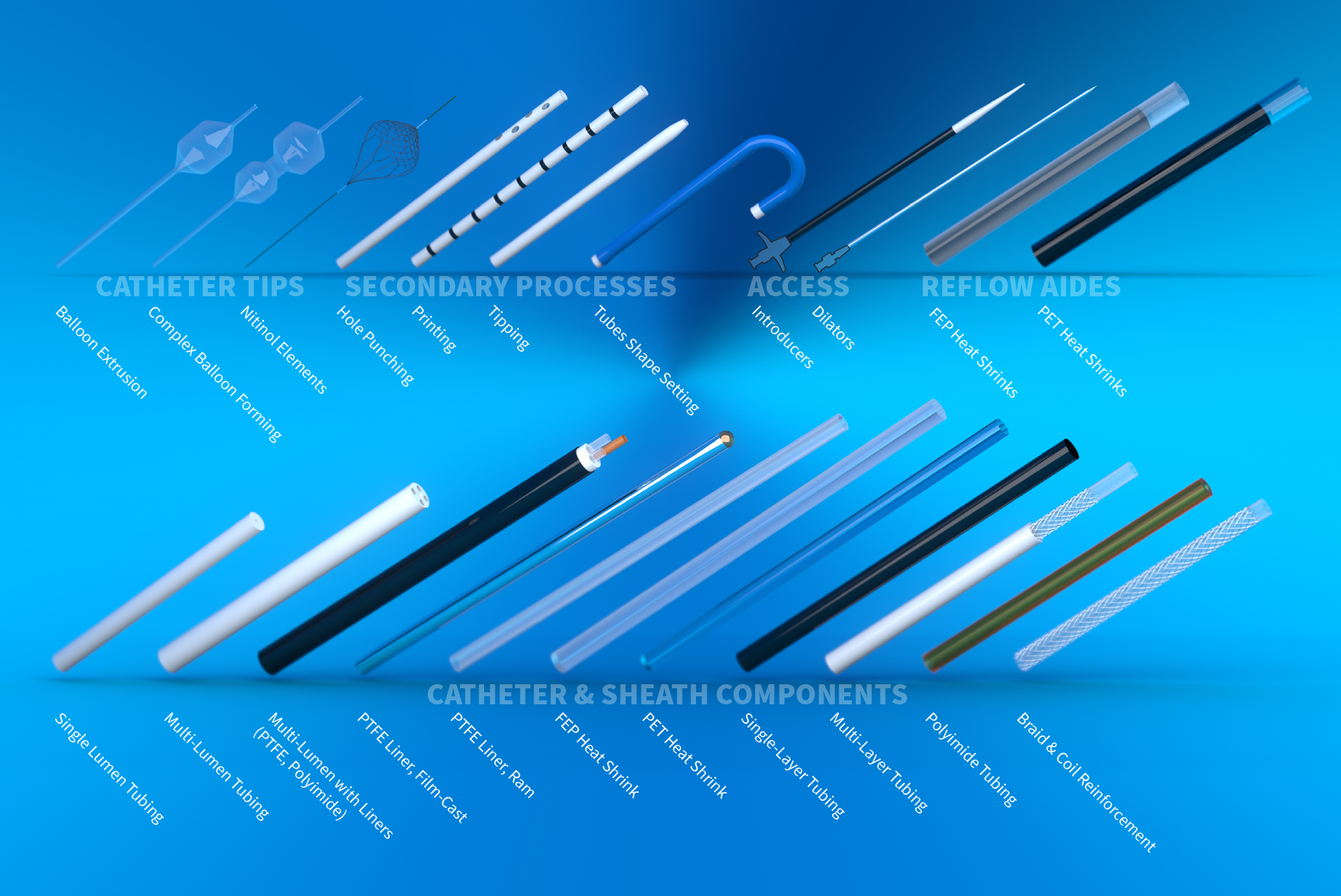
Electrophysiology Capabilities
Supporting the full spectrum of electrophysiology device development—from concept to commercialization—we help streamline sourcing and simplify vendor strategies. Our capabilities span precision extrusion, balloon forming, heat shrink tubing, and complex molded components. We specialize in integrating sensors, wire routing, and deflection control into compact catheter designs, enabling high-performance mapping, diagnostic, and ablation systems. With proven experience in pulsed field ablation (PFA), we deliver scalable, manufacturable solutions that meet the growing demand for non-thermal, tissue-selective therapies.
Want to learn more?
Download our article "How a Multi-Component Supplier Helps Streamline EP and PFA Device Development"
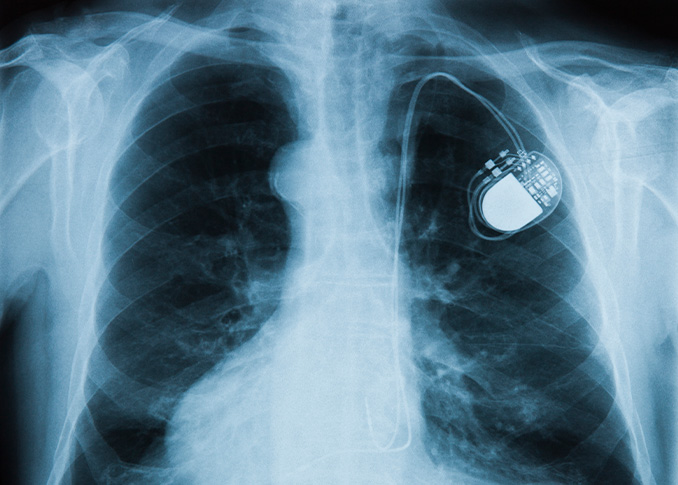
A pacemaker and electrodes are implanted to treat irregular cardiac rhythms.
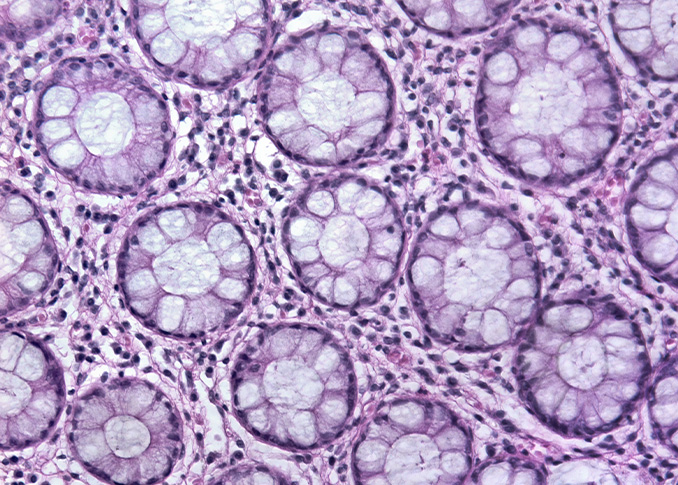
A procedure that destroys tissue with extreme temperatures, this minimally-invasive method can treat atrial fibrillation by ablating the tissue that creates the irregular heartbeat using a catheter to locate and freeze the appropriate tissue.
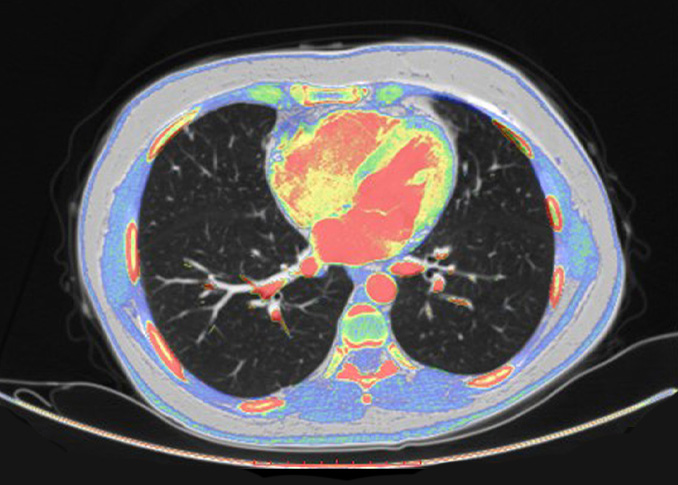
Locate the source of an arrhythmia with mapping before other procedures, such as RF ablation or cryoablation, are used to treat it. The mapping and imaging system includes mapping catheters with electrodes that measure the electrical activity of the surrounding cardiac tissue.
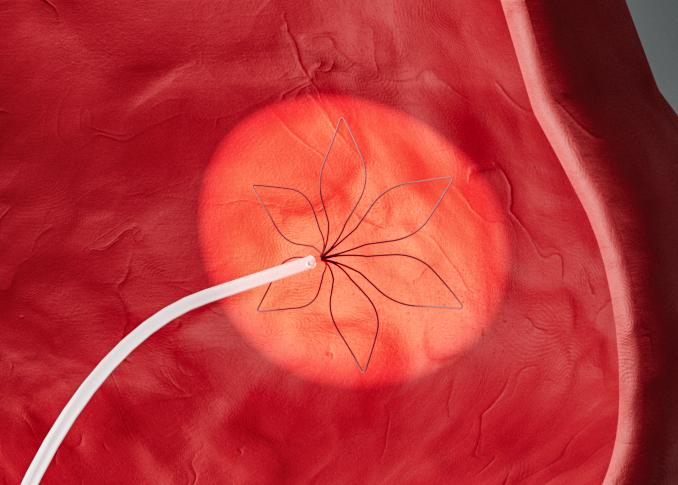
A non-thermal ablation technique that uses high-voltage electrical pulses to selectively target cardiac tissue. PFA offers a promising alternative to traditional thermal methods, minimizing damage to surrounding structures while effectively treating atrial fibrillation through precise, catheter-delivered energy.
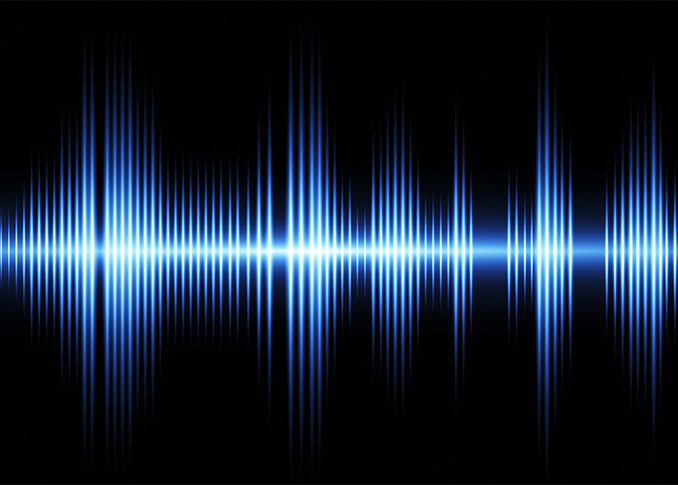
This minimally-invasive procedure is used for pain management that functions by producing a radio wave with an electrical current to ablate nerve tissue to decrease pain signals from that area.
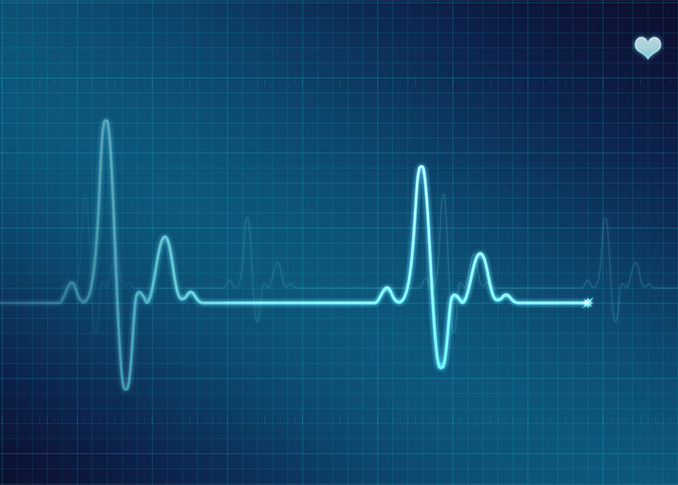
A non-invasive technique that destroys tissue, ultrasonic ablation uses non-ionizing ultrasonic waves to heat the tissue.
